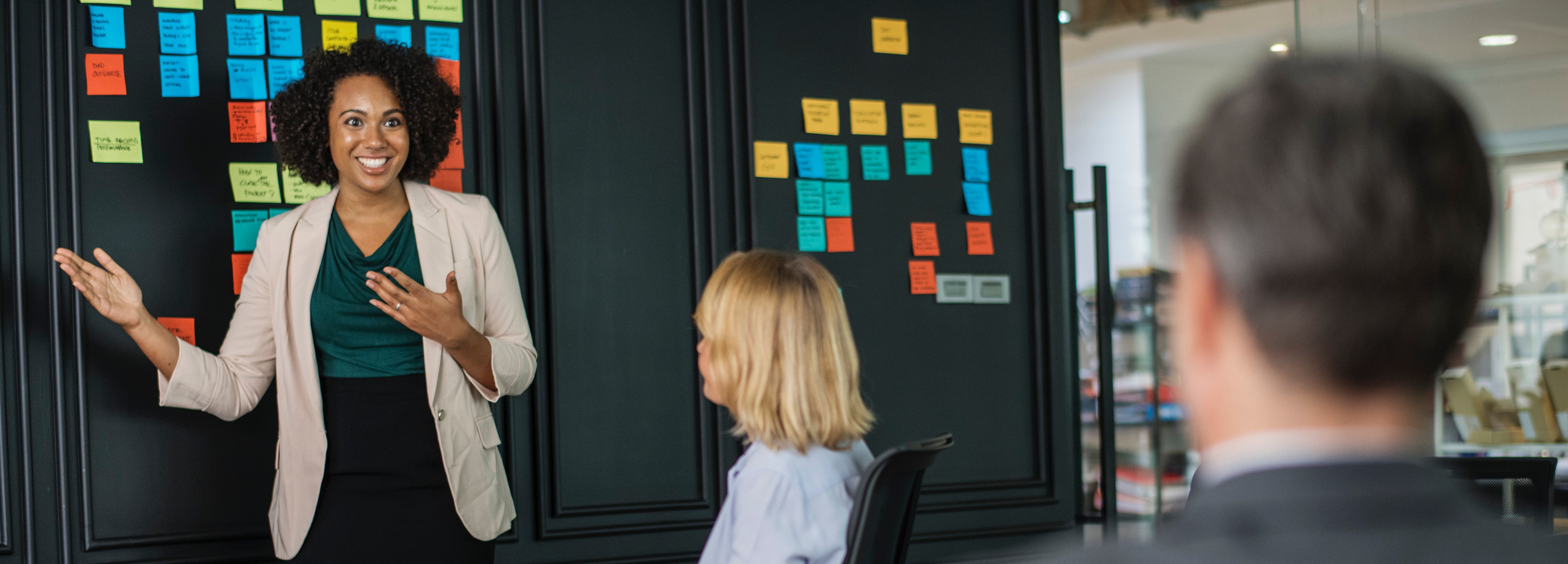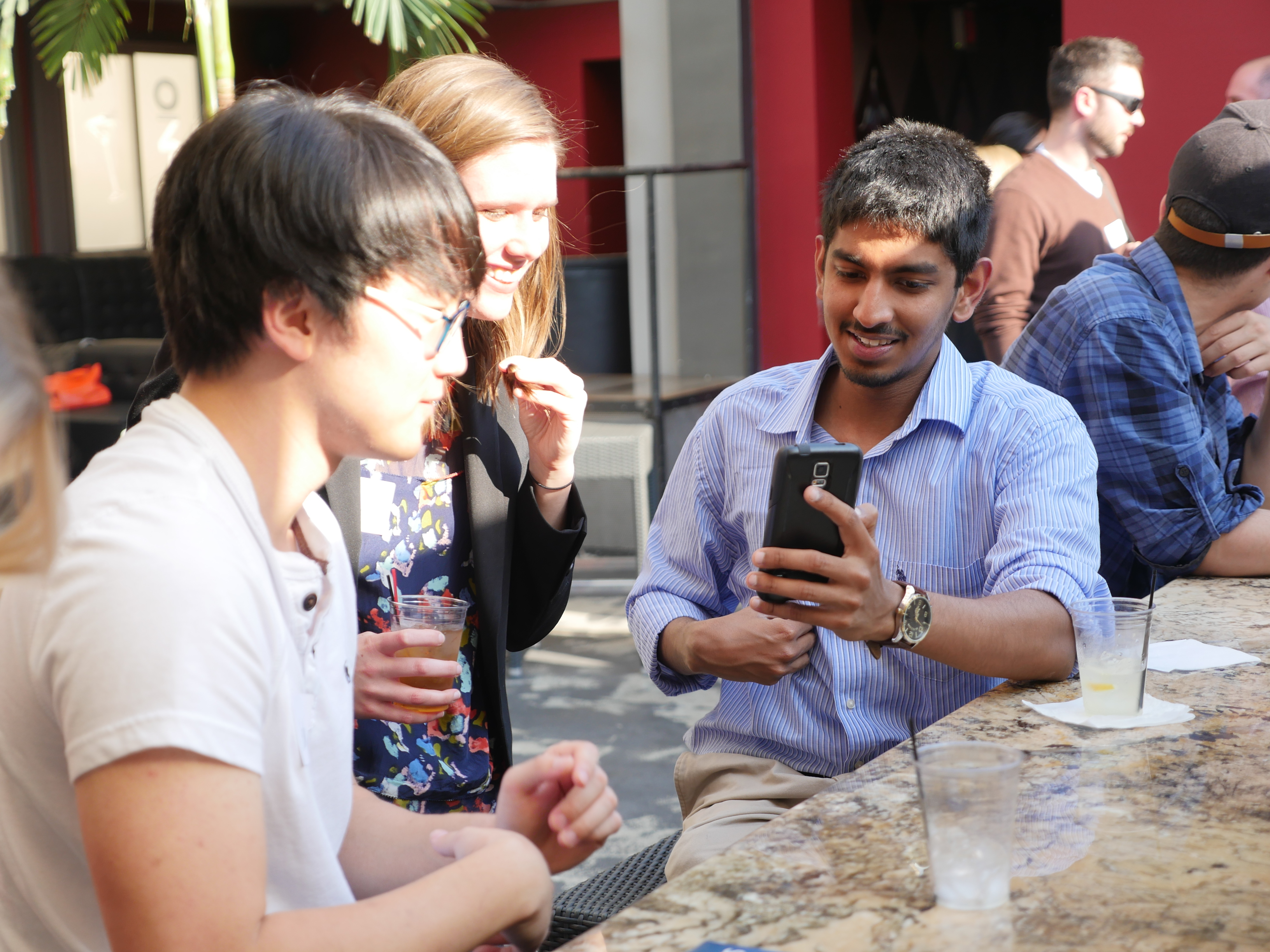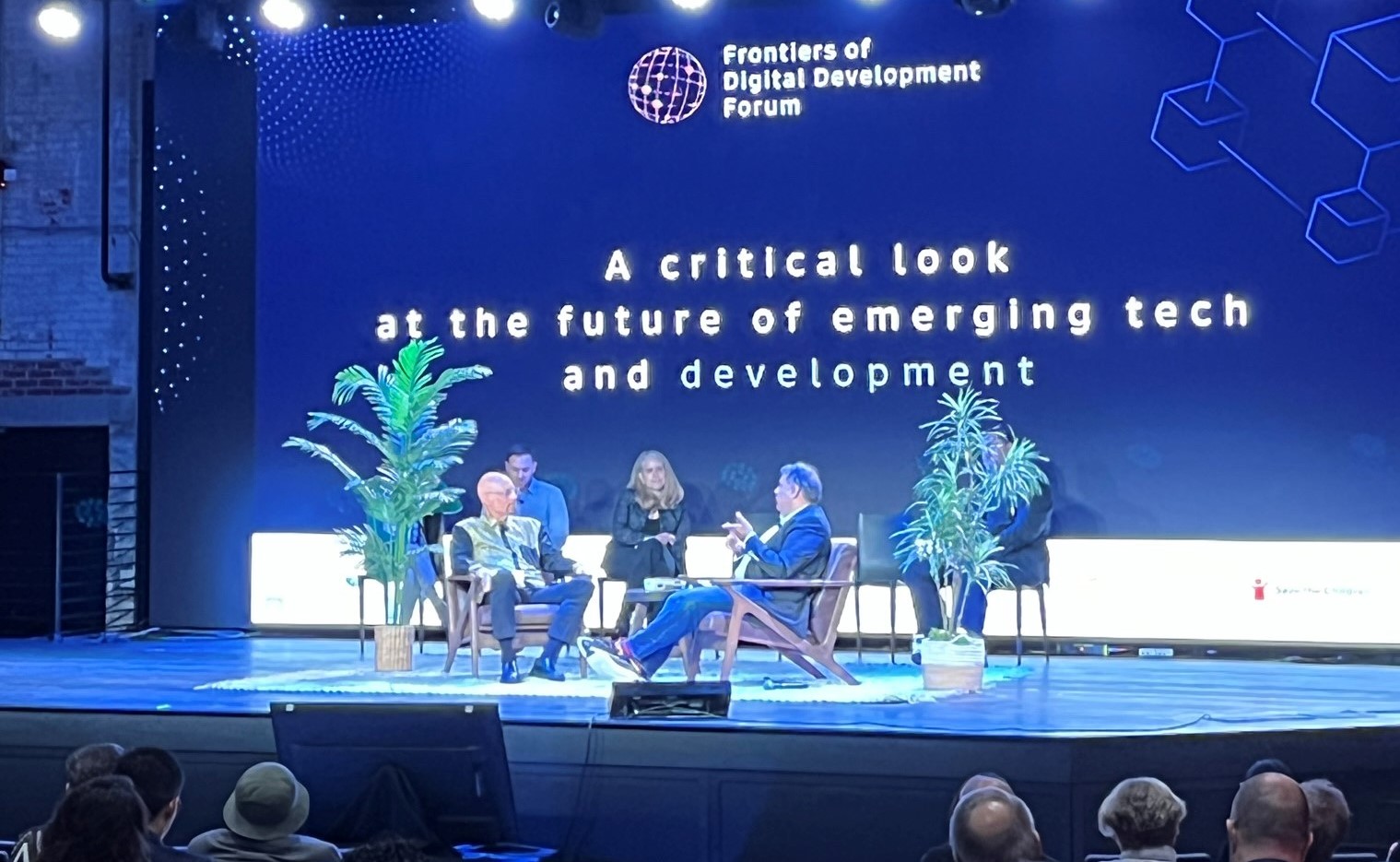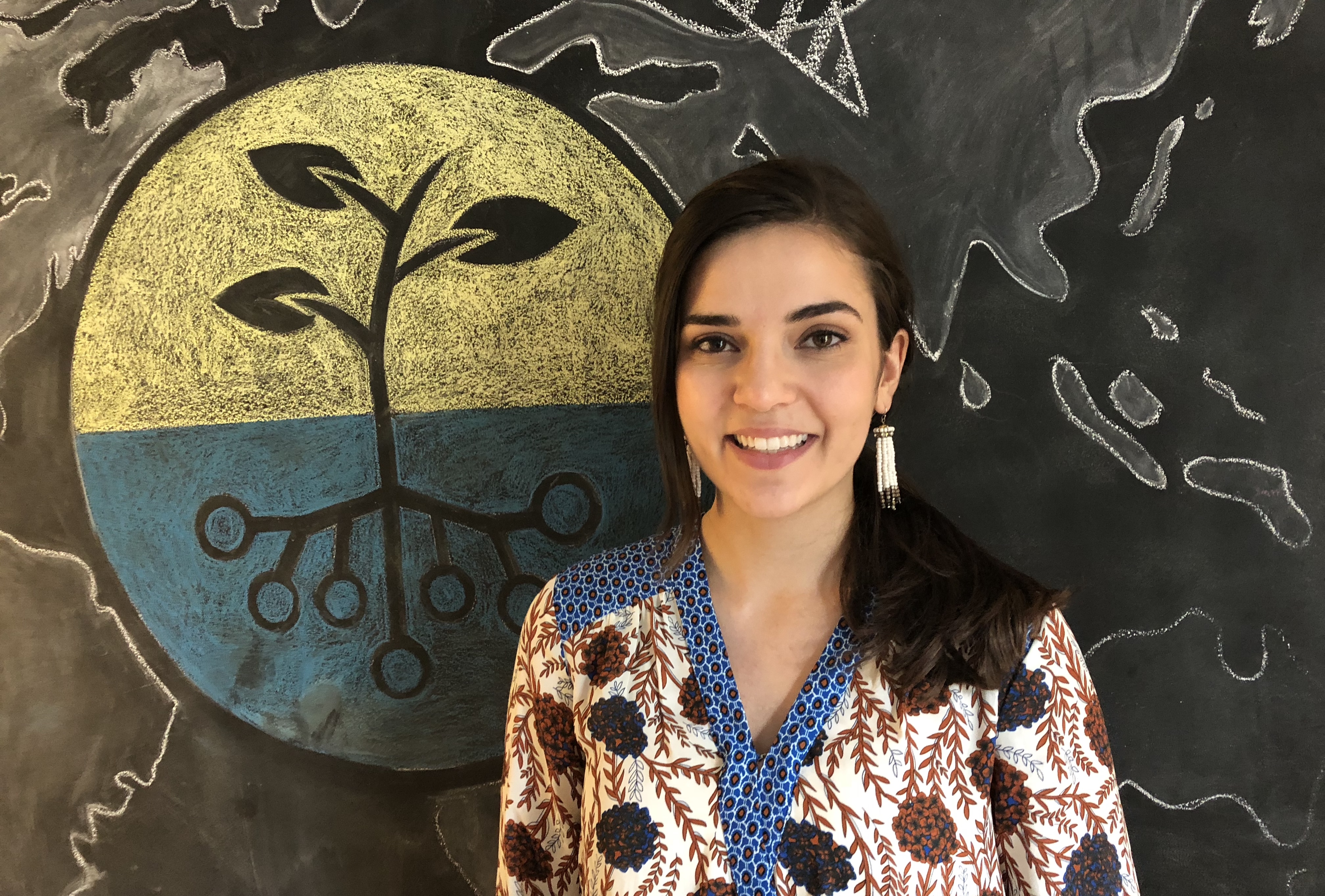Learning Machine Technologies, architect of the Blockcerts open standard with the MIT Media Lab, is the world leader in blockchain-based digital credentials. With a standards-based, in-market Issuing System for multi-chain issuing and self-sovereign digital identity, their offering is revolutionizing the way businesses in all sectors issue and verify claims and the way individuals understand and use their digital identities.
This September, we will be issuing our course certificates for our next Blockchain for International Development course on the blockchain with Learning Machine! Natalie Smolenski, Learning Machine’s VP of Business Development, walked us through the process (which you can learn more about below) and will be featured in the course as one of our guest experts!
Q: In a few sentences, what is Learning Machine and what is the problem you’re trying to solve?
Learning Machine is a global firm that deploys best-in-class credentialing systems for governments, corporations, and educational institutions using the blockchain as a secure anchor of trust. Today, people don’t own their official records–instead they rely on a cumbersome human verification process which collapses the moment a software provider or issuing institution ceases to operate or loses the records. This not only holds back economic development–making it more difficult for people to get jobs, sell property, or start businesses, for example–but leaves entire populations vulnerable to losing all record of their achievements in the event of catastrophes like war or natural disasters. With Blockcerts, individuals cryptographically own their digital records forever and can independently verify them anywhere in the world, instantly and for free. No ongoing dependency on Learning Machine or any other vendor.
Q: How are decentralized credentials different from what I might get from my university registrar?
Any credential you currently receive from your registrar–digital or paper–must be verified in some way by that registrar in order to serve as a gateway to opportunity. This means that it’s not enough for you to have a copy of your credential–you generally can’t use it, because only “official” versions of the credential, verified directly by the issuer every time, can be used. So you can’t, for example, Snapchat your transcript to an admissions committee, because they can’t verify it that way. Decentralized credentials, on the other hand, are digital credentials that you directly own. They are tamper-evident–meaning that if anyone tries to edit them, verification will immediately fail. You can send them to anyone you want and they can verify them instantly and for free–without ever needing to check with the issuing institution. Decentralized credentials mean that even if your school goes out of business or you have to flee your country, you can still keep your records and have them verified.
Q: What are some of the challenges that you face in gaining adoption and traction?
The blockchain is still pretty new, and people are on a learning curve to understand what it is and why it’s better than a traditional database for some things (like decentralized verification). There is also a lot of FUD out there about blockchains–a lot of misinformation that people have to battle against to find their real value. But the world is already well on its way to making blockchain mainstream. Like the internet, it’s just a matter of time before everyone starts using it for some things–without needing to know what it is or how it works.
Q: What are some compelling examples and case studies of Learning Machine in action?
Every day there are new announcements about company x, y or z intending to do this or that with the blockchain, but Learning Machine actually delivers. Our software has been used to issue Blockcerts since Summer 2017, when MIT launched its Digital Diplomas project. Since then, many other universities have joined and issued their own credentials. Countries like Malta have rolled out Blockcerts certification nationwide, issuing blockchain credentials to students in both K-12 and Higher Education. The Bahamas is now following suit, using Blockcerts to certify graduates of their National Apprenticeship Programme. There is no shortage of countries and companies wanting to start their own blockchain certification projects next.
Q: What else should people know about Learning Machine?
Think of Learning Machine as the blockchain A-Team: we can do things few others can do. In addition to world-class engineers (we co-chair the W3C Credentials Community Group building the next generation of blockchain-based identity), we’re a team of philosophers, artists, and social scientists out to tip the balance of power toward the individual in a world where that seems increasingly impossible. Verifiable credentials are just the first step toward maximizing human potential through groundbreaking technology. Every human being is, after all, a Learning Machine.
To enroll in our next offering of Blockchain for International Development, click here!




